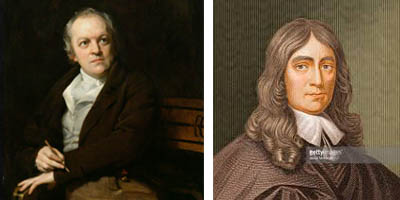I spent some of this morning at church planning this upcoming Sunday. I decided on an anthem by Healey Willan and then decided to do organ music by him. My teacher, Ray Ferguson, didn’t like Willan’s organ music much. But he did like his choral music. I like both.

I think Willan has made a unique contribution to the Episcopal Church in American and Canada. He has been one of my heroes in the past. I have learned and performed a lot of music by him. At this point, I look back over music that I have done on inferior instruments. Reviving this kind of repertoire is fun and breathes new life into some of the music. After all with beautiful sounds like I have on the Pasi, almost anything sounds great!
I love my new speaker. I took it with me to church. I like how I can turn up the symphonic music and hear it so well. I haven’t done much rock and roll yet, but I’m sure I will. I’m listening to Bartok’s Concerto for Orchestra right now. Earlier I listened to the D major symphony of Vaughan Williams. Lovely stuff.
I had planned to go back to church this afternoon and pick out more anthems for the upcoming choral season. I don’t have much planned right now. But I’m feeling a bit lazy this afternoon and rationalizing that I will go over tomorrow and do some more prep and planning. Honest.

In the early morning hours today I found myself reading Blake and Milton. Did you know that Blake wrote a poem about Milton called “Milton”? I sometimes read Hymnody in the morning. Excellent hymns seem to satisfy my poetic jones. This morning while reading Blake’s “Milton” I discovered it is the source for the hymn, “And did those feet in ancient time.” You know, the “Chariots of Fire” hymn.
“Chariots of fire” is actually a Blakian phrase from his poem. I then turned to book on hymnody I have been reading once in a while (An Annotated Anthology of Hymns edited by J. R. Watson) . I was curious what the scholar Watson had to say about this hymn.
It is specifically an nationalistic English hymn. These words are not in the American Episcopal hymnal, but its tune, Jerusalem, is. “Jerusalem” is the name of another Blake opus. Watson enlightened me that that the reason the hymn tune was named for a different Blake poem can be traced to Percy Dearmer, the great English church music dude. Commenting on Parry’s tune, Dearmer said that “Parry had made a tune so exalted, and fitting so marvelously with the words, that Blake’s Jerusalem had become possible for an ordinary congregation.”
Watson says that though Dearmer was mistaken about which poem was being represented, he “was definitely right in other respects.”
So Jupe tries to start out his day not being religious in his reading and is dragged into church stuff anyway. What the heck.